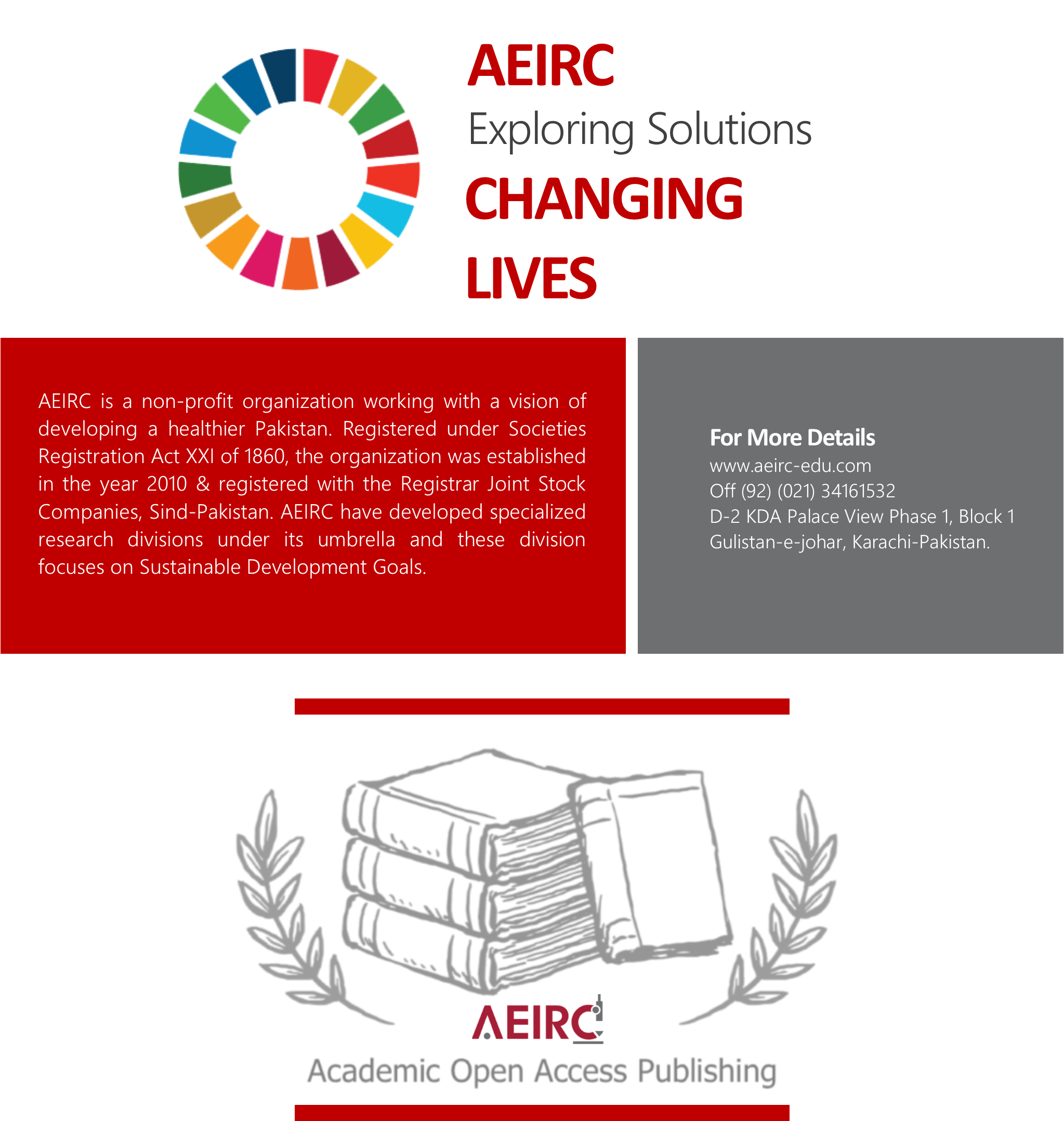Effectiveness of laughter therapy in cognitive skills improvements
DOI:
https://doi.org/10.29052/IJEHSR.v7.i1.2019.55-60Keywords:
Laughter, Humor, Intellectual,, Montreal Cognitive Assessment (MoCA), CognitionAbstract
Background: In today's society, a huge population is facing intellectual health problems. Therapeutic expense of such problems leads people into a financial burden. Inspite of squandering cash on pharmaceutical prescription, it is better to take benefit from laughter therapy. It is a part of human behavior, which helps human clarify their intentions in social interaction. The aim of this study was to determine the effects of laughter on cognition.
Methodology: This uncontrolled experimental study was conducted on 80 participants, recruited on convenience bases. All 18-30 years aged subjects with no chronic psychological disorder were included. While patients with a chronic psychological disorder were excluded from the study sample. Participants were divided into 3 groups: 26 participants in Group A, 33 participants in Group B and 21participants in Group C. Cognition skills were assessed by using Montreal Cognitive Assessment (MoCA) score before and after laughter therapy session of about 25 mins. The collected data was then analyzed using SPSS version 21.
Results: All the groups showed improvement in MoCA score after laughter therapy. Group A MoCA score after therapy was 22.70. Group B MoCA score after therapy was 25.10. Group C MoCA score after therapy was 25.42.By mean analysis, we figured out that there is a greater change of cognition seen in members of Group C than in Group B and change in Group B is greater than in Group A.
Conclusion: It was concluded that laughter improves cognition and regulates neurotransmitters. Moreover, it has great influence in daily life and puts a great impact on memory and cognitive skills.







